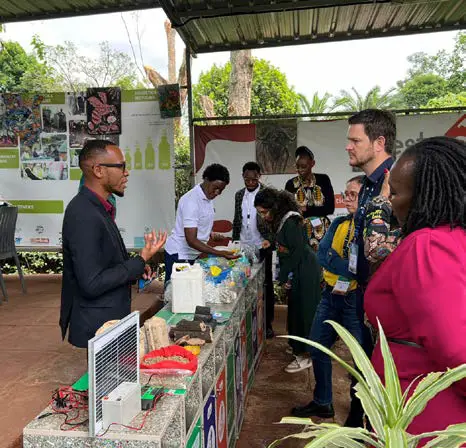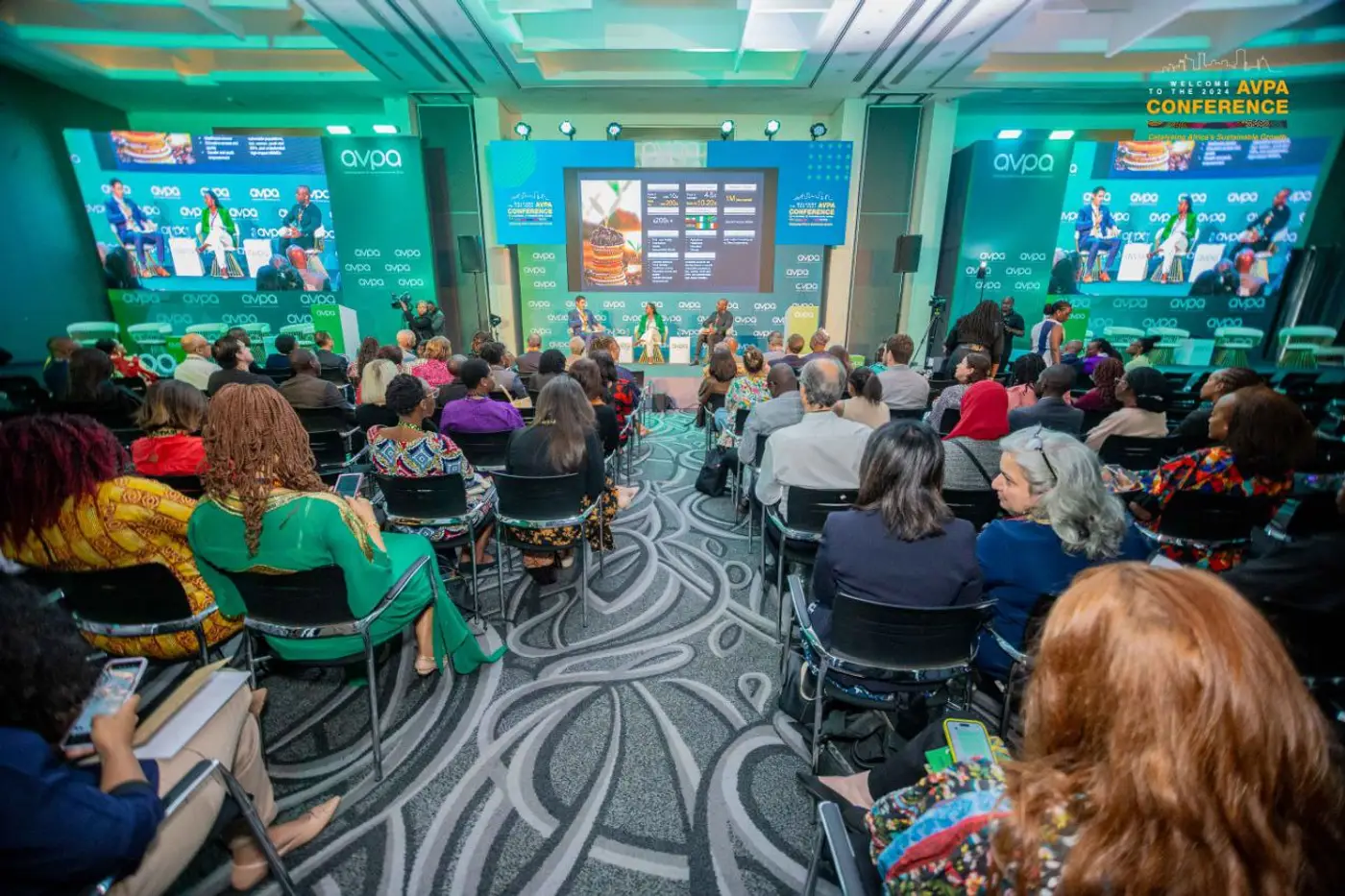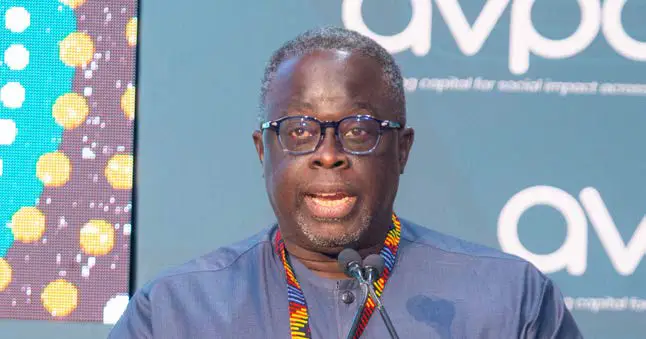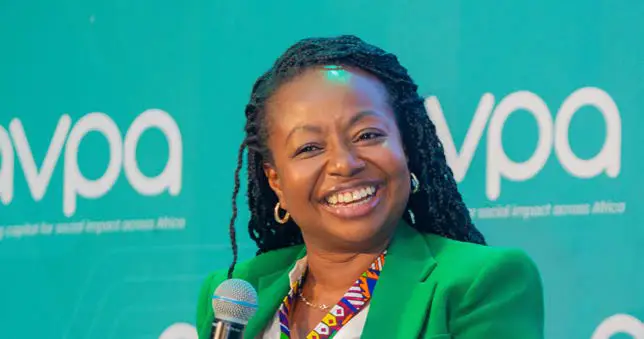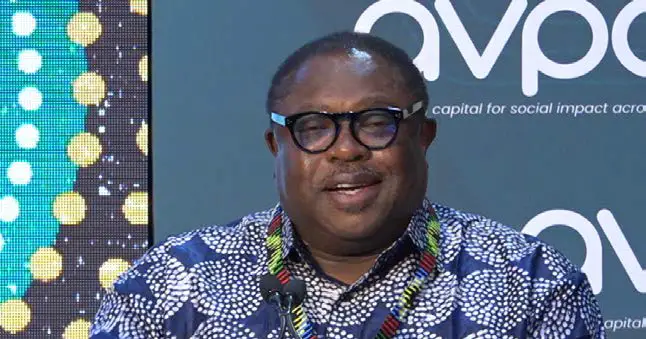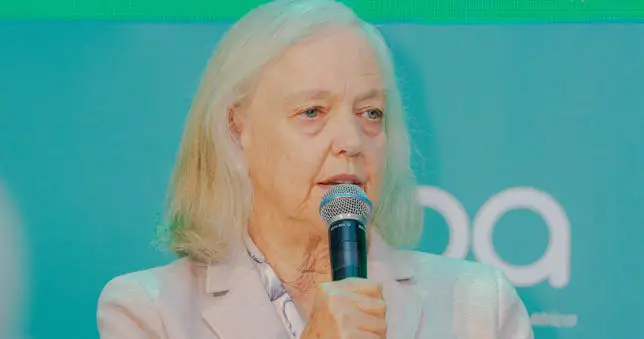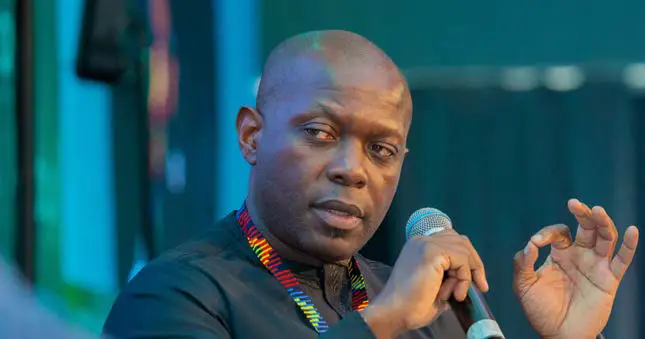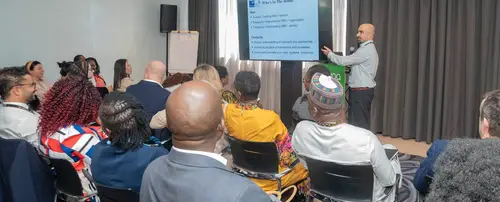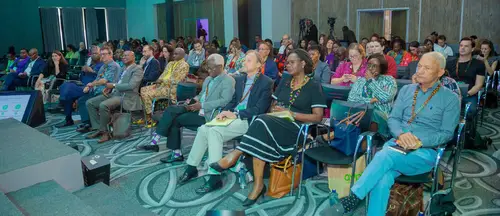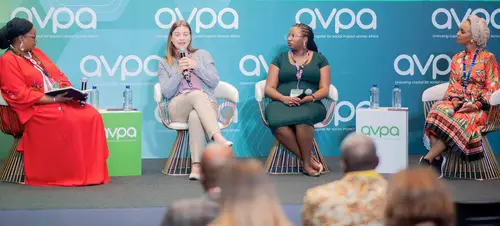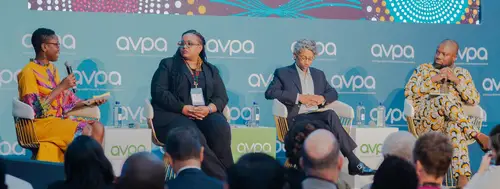The 2024 AVPA Conference convened global and African leaders, investors, policymakers, and changemakers to drive discussions on sustainable finance, innovative funding models, andimpactful investment strategies.
The event focused on unlocking capital for Africa's growth, emphasising solutions in climatefinance, blended finance, and social impact investment. Delegates explored pathways toenhance Africa's entrepreneurial ecosystem, sustainable development, and financial resilience.
Key Highlights
- Launch of the ASIEx to accelerate impact capital deployment.
- 4 side events, excursions & 44 sessions including masterclasses, panels, and workshops featuring industry leaders and changemakers.
- Structured networking sessions fostering cross-sector collaborations and funding partnerships.
- Representation from 33 countries and participation from over 15 sectors within the ecosystem.
Sponsors & Partners





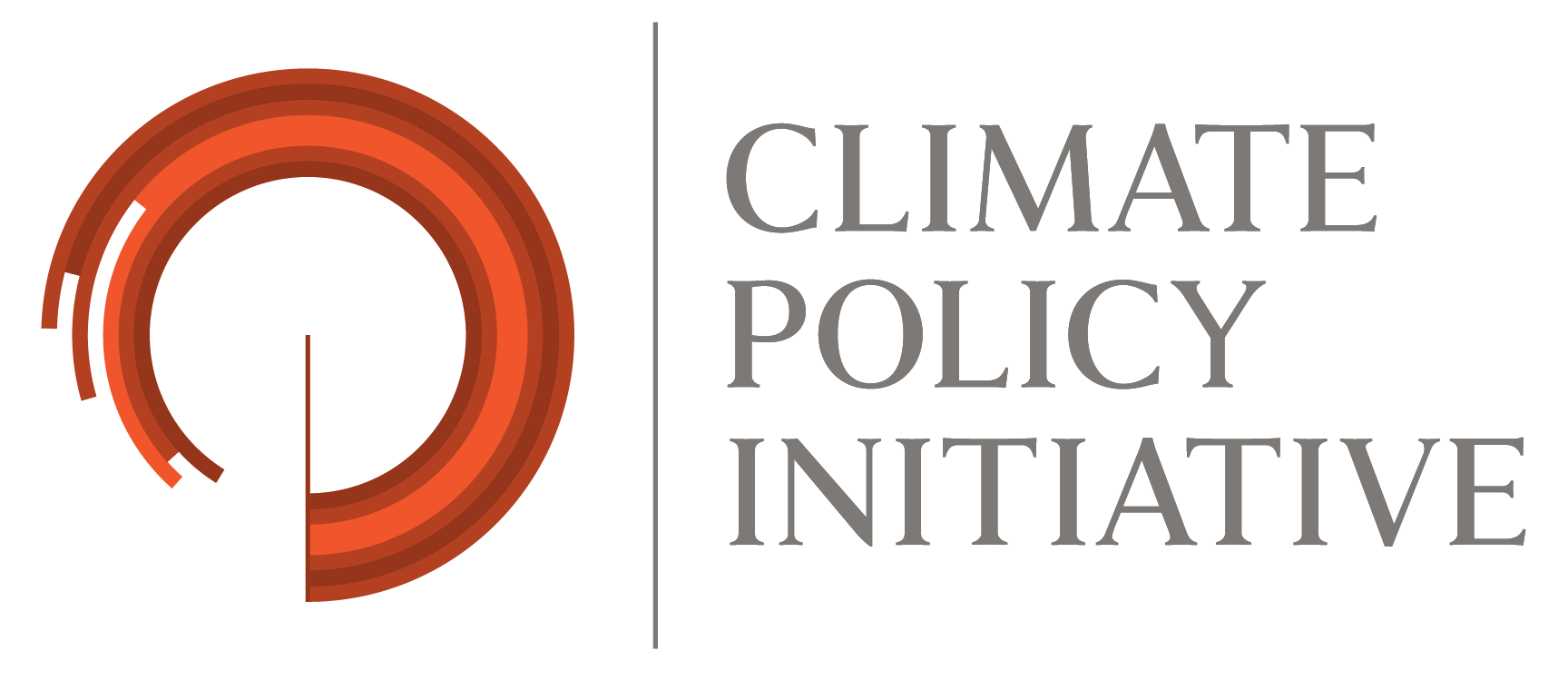




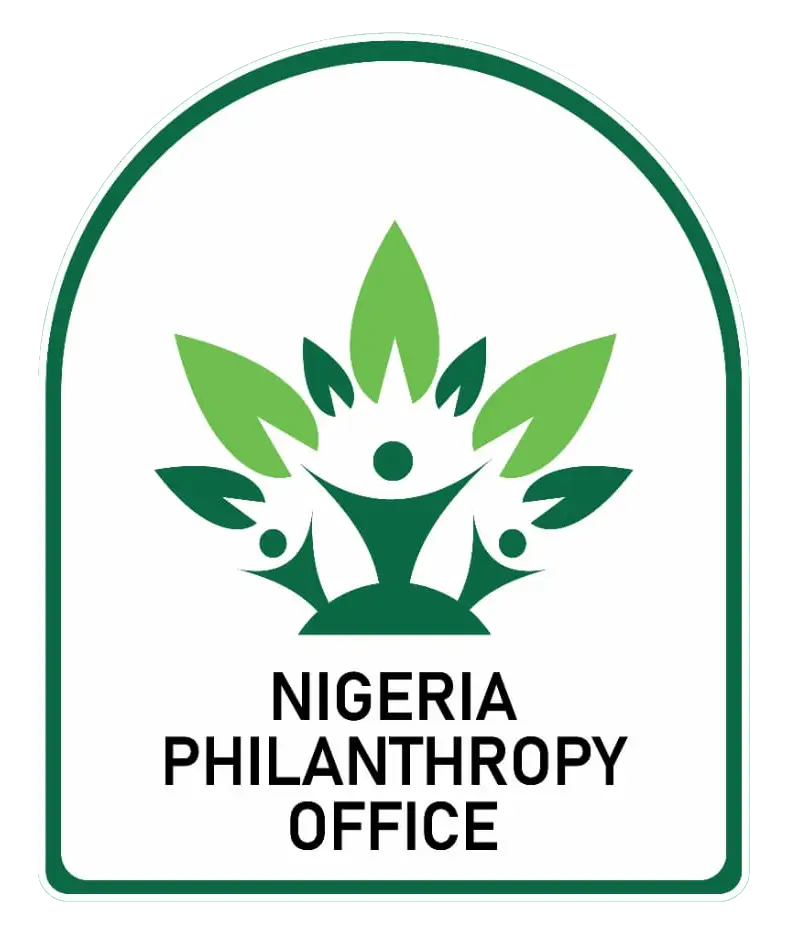







Keynote Speakers
Featured Panels, Workshops and Masterclasses
-

This panel explored the potential shift from sustainability to regenerative practices within African non-profits, drawing inspiration from the Stanford Social Innovation Review (SSIR) article, “How Businesses Can Regenerate the Global Commons.”
Panellists Aline Varre, Osayi Alile, Anna-Maria Mbwette, Feyisayo Alayande moderated by Diana Amabelle Nwakanma discussed how sustainability alone is insufficient to address today's global challenges. They examined the framework presented in the SSIR article, which advocates for organizations to become regenerative forces by fostering strong partnerships and utilizing resources to drive long-term impact rather than focusing solely on short-term gains.
The discussion highlighted how nonprofits can adopt this mindset, build collaborative networks aligned with their regenerative missions, and leverage their efforts to create meaningful, transformative change across Africa.
-

MEDAs Samuel Akyianu led a session on leveraging catalytic capital to support SME growth in Africa. The discussion highlighted the significant funding gap in sub-Saharan Africa, which continues to hinder progress toward achieving the Sustainable Development Goals (SDGs). To address this challenge, the session emphasised the importance of public-private partnerships, innovative financing mechanisms, and data-driven decision-making in unlocking much-needed capital.
One of the key takeaways was the crucial role of the private sector in financing sustainable development, alongside the need for local partnerships to ensure long-term impact. The discussion also stressed the value of patient capital—long-term investments that support early-stage ventures—and the necessity of technical assistance and capacity building to enhance the investment readiness of fund managers and entrepreneurs.
The session also explored some of the major challenges facing SME growth in Africa, including limited access to finance, infrastructure deficits, climate change, and governance issues. To overcome these barriers, participants discussed solutions such as blended finance, regulatory reforms, stronger multi-stakeholder collaboration, and improved data collection and analysis. Looking ahead, several key action points were identified. Strengthening collaboration between public, private, and civil society actors, exploring innovative financing models, and investing in data collection were highlighted as critical steps. Additionally, the session emphasised the importance of supporting local entrepreneurs through capacity-building initiatives and establishing shared services platforms to provide legal and financial support for fund managers.
The session reinforced the power of partnerships, patient capital, and innovative finance in driving SME growth and fostering sustainable development across Africa.
-

Karim Harji led a session on Impact Measurement & Management, highlighting the increasing need for rigorous and transparent impact assessment. With growing investor expectations and regulatory requirements, organisations must move beyond financial metrics to effectively evaluate social and environmental impact. However, this remains a complex process due to challenges in data quality, attribution, and the long-term nature of impact.
A key takeaway from the discussion was the importance of a systems-level approach, which recognises the interconnectedness of different factors influencing impact. Technology was identified as a crucial enabler, enhancing data collection, analysis, and reporting efficiency. Additionally, the session stressed the need for contextual understanding, ensuring that impact assessment frameworks reflect local realities.
-

Matt Ripley from Impact Frontiers led an insightful session on the role of impact reporting as a strategic tool for driving meaningful change. The discussion emphasised that impact reporting should go beyond compliance requirements, serving as a mechanism for measuring, improving, and communicating social and environmental outcomes.
However, a major challenge identified was the lack of standardised frameworks, which makes it difficult for organisations, particularly emerging fund managers, to collect, report, and compare impact data effectively. Investors are increasingly demanding detailed and reliable impact information, requiring organisations to enhance their transparency and accountability. Many struggle with limited resources and expertise, hindering their ability to track and communicate impact effectively.
The session underscored that impact reporting should focus on actual outcomes and real-world change, rather than just inputs and processes.
-

Philanthropy in Africa is shifting beyond traditional funding towards strategic collaboration, innovation, and infrastructure development to drive sustainable impact. Moderated by Aline Varre, the session featured Eva Rehse, Nasri Adam, and Muthoni Thuo, who emphasised the importance of cross-continental partnerships while recognising the challenges posed by cultural differences, regulatory landscapes, and diverse giving traditions. The discussion underscored the need for philanthropy to move beyond donations, focusing instead on building long-term partnerships that align with community-driven priorities and systemic change initiatives. Additionally, impact measurement remains a challenge, with Eva Rehse advocating for the institutionalisation of philanthropy to enhance global representation and policy influence, while Nasri Adam highlighted the misconceptions around African philanthropy and the necessity of mutual understanding between funders and local communities.
Muthoni Thuo provided a practical perspective, stressing that impact measurement should prioritise real-world outcomes, particularly in agriculture and youth employment in tech, where return on income (ROI) can be five to ten times the initial investment. The session reinforced the importance of fit-for-purpose collaborations, where funders align their priorities with community-defined impact, ensuring meaningful and scalable change. Key action points included encouraging participation in AVPA's Impact Investing Fellowship to bridge knowledge gaps, advocating for capacity-building initiatives, and supporting grassroots-driven solutions to strengthen the role of philanthropy in Africa's development ecosystem.
-

The 2024 AVPA Conference opened with a high-level plenary panel on mobilising capital for Africa's sustainable development, moderated by Eric Osiakwan. Panellists Dharshan Wignarajah, Aline Varre, and Amma Lartey explored the opportunities and challenges in unlocking local finance, implementing policy reforms, and designing innovative investment structures to drive Africa's economic and social transformation. A key discussion point was the rapid expansion of climate finance, which reached $44 billion in 2021, reflecting growing investor confidence. However, Africa continues to face a $331 million SME financing gap, with domestic pension, insurance, and banking assets amounting to $2 trillion, much of which remains invested offshore instead of into local impact initiatives. The panel stressed that redirecting these funds could unlock significant economic potential, but over-taxation of local businesses remains a key barrier to sustained growth.
The panellists provided expert insights into impact investing and strategies to bridge financing gaps. Dharshan Wignarajah emphasised the need to unlock local currency resources and increase private investor participation. Amma Lartey advocated for blended financing models that integrate public, private, and philanthropic capital to de-risk investments, particularly within pension funds. Aline Varre highlighted the challenges of investing in high-conflict regions, stressing the importance of flexible financing structures and community partnerships. Proposed solutions included unlocking pension fund investments through structured blended finance, de-risking strategies for fragile regions, and reducing excessive taxation on growing businesses. The session concluded with a call for stronger collaboration between investors, policymakers, and businesses, reinforcing that mobilising local capital, designing adaptable financing models, and enacting policy reforms are key to driving long-term, inclusive, and sustainable economic growth across Africa.
Side Events
Fostering Collaboration and Innovation
In addition to the main conference sessions, the evening side events on Days 1 and 2 provided exclusive opportunities for in-depth discussions, networking, and knowledge-sharing among philanthropists, investors, and impact-driven organisations. These sessions focused on institutionalising philanthropy, catalytic capital, outcomes-based financing, and climate adaptation, offering practical insights into scaling impact across Africa.
Day 1
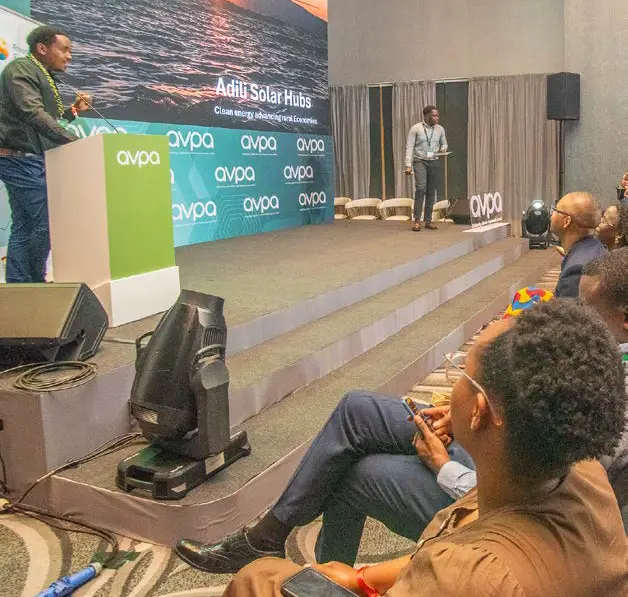
On Day 1, the session on Institutionalising Philanthropy in Africa, hosted by the Nigeria Office for Philanthropy & Impact Investing (NPO) and the Impact Investors Foundation (IIF), explored the transformative role of philanthropy in driving systemic change. The discussion underscored the need for robust frameworks, multi-stakeholder collaboration, and strategic alignment of philanthropic efforts with Africa's development priorities.
The evening also featured a session on Catalytic Capital that brought together leading voices in catalytic capital investment, examining how innovative funding mechanisms can unlock private investment and drive sustainable development across Africa.
Day 2
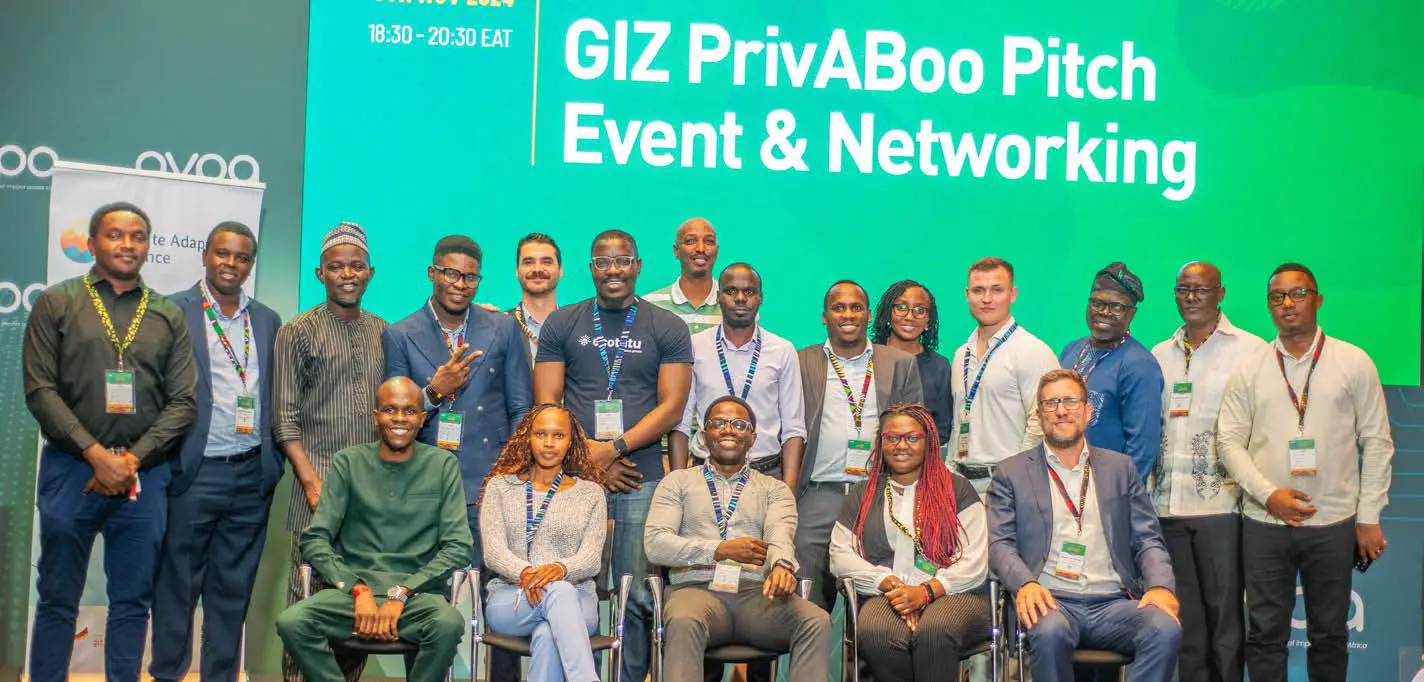
On Day 2, the session From Innovation to Institutionalisation: Mainstreaming Outcomes-Based Financing explored how social impact financing models can transition from pilot initiatives to large-scale, institutionalised frameworks, highlighting the lessons learned from Kenya and beyond. Delegates attending the health pillar site visit to Kibera the following day received a preview of how these financing models are being applied in practice.
The evening concluded with the GIZ PrivABoo Pitch Event & Networking, featuring Thomas Festerling, CEO of GreenTec Capital Africa Foundation. The event showcased innovative climate adaptation businesses from Nigeria, Kenya, and Rwanda, highlighting the role of the private sector in supporting resilience, investing in adaptation solutions, and driving sustainable business practices.
These side events reinforced the importance of collaboration, knowledge exchange, and innovative financing models in advancing Africa's sustainable development agenda.
Field Excursions
Showcasing Innovation and Impact
As part of the 2024 AVPA Conference, delegates visited four impactful initiatives demonstrating innovation in creative industries, technology, waste management, and social finance
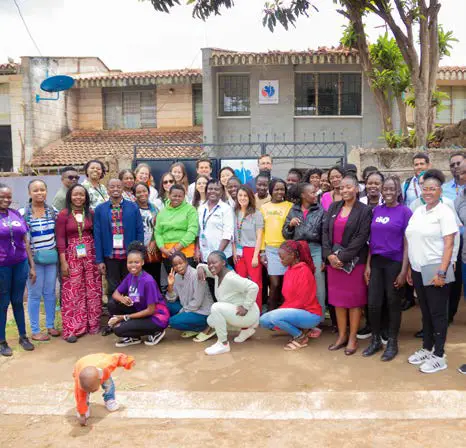
Tiko
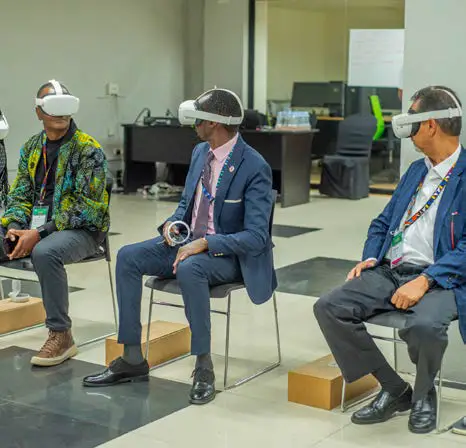
Black Rhino
